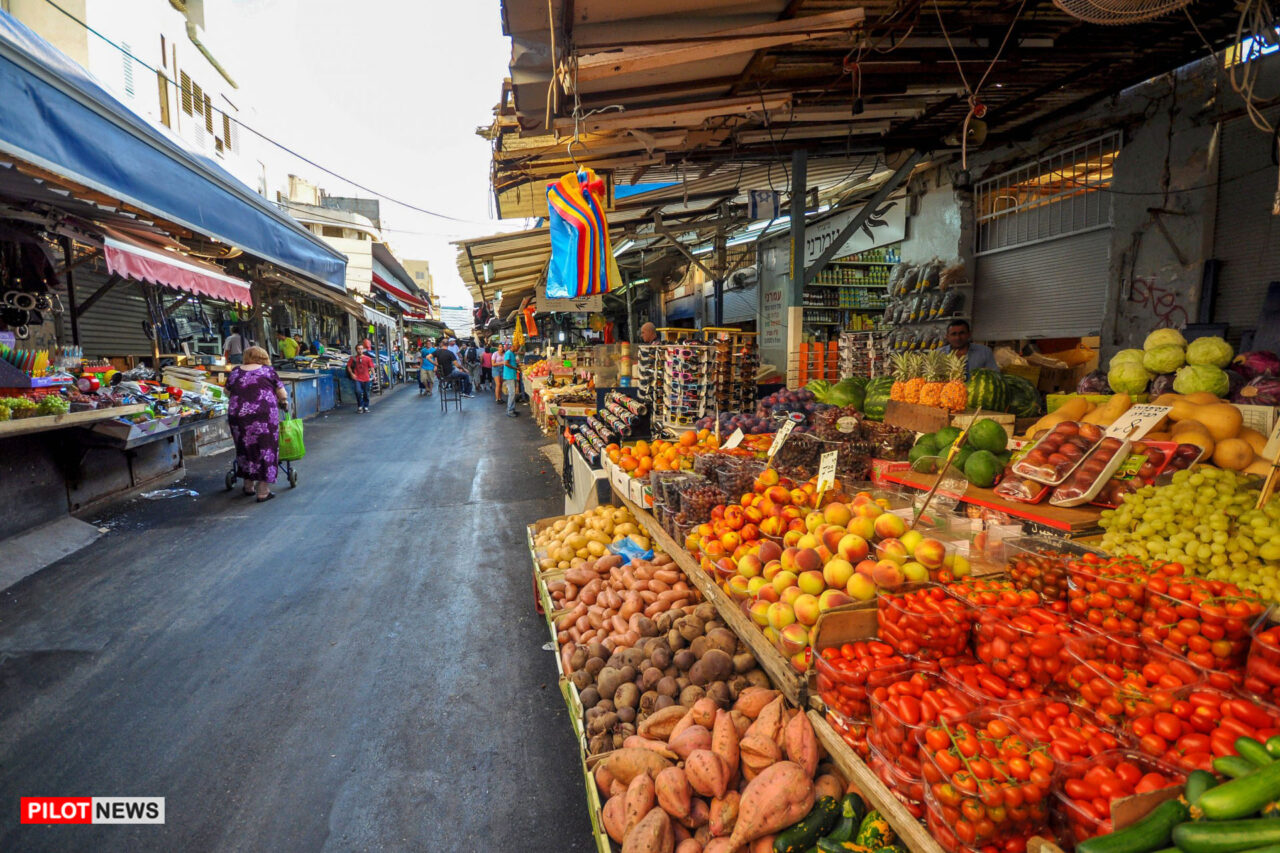Nigerians continue to feel the pinch of President Bola Tinubu’s major decisions – scrapping the petrol subsidy and relaxing foreign exchange restrictions – as inflation climbed more than anticipated to a near 28-year high in January.
The National Bureau of Statistics, NBS, says Nigeria’s headline inflation rate increased to 29.90 per cent in January.
Last month’s rate is a 0.98 per cent increase from the 28.92 per cent recorded in December 2023.
Tinubu’s policies caused transport costs to almost triple and pushed up food costs. Discontent over the high living cost has triggered protests in several cities recently.
Food inflation also spiked to 35.41 per cent, from 33.93 per cent in December 2023. A rise in food costs has been the main driver of inflation.
A part of the NBS report read, “In January 2024, the headline inflation rate increased to 29.90 per cent relative to the December 2023 headline inflation rate which was 28.92 per cent.”
“Looking at the movement, the January 2024 headline inflation rate showed an increase of 0.98 per cent points when compared to the December 2023 headline inflation rate. Similarly, on a year-on-year basis, the headline inflation rate was 8.08 per cent points higher compared to the rate recorded in January 2023, which was 21.82 per cent.”
URBAN INFLATION
According to the report: “On a year-on-year basis, in January 2024, the Urban inflation rate was 31.95 per cent, this was 9.40 per cent points higher compared to the 22.55 per cent recorded in January 2023.”
“On a month-on-month basis, the urban inflation rate was 2.72 per cent in January 2024, this was 0.30 per cent points higher compared to December 2023 (2.42 per cent).”
“The corresponding twelve-month average for the urban inflation rate was 27.01 per cent in January 2024. This was 7.10 per cent points higher compared to the 19.91 per cent reported in January 2023.”
RURAL INFLATION
The rural inflation rate in January 2024 was 28.10 per cent on a year-on-year basis; this was 6.97 per cent higher compared to the 21.13 per cent recorded in January 2023.
On a month-on-month basis, the rural inflation rate in January 2024 was 2.57 per cent, up by 0.40 per cent points compared to December 2023 (2.17 per cent).
The corresponding twelve-month average for the rural inflation rate in January 2024 was 23.85 per cent. This was 5.01 per cent higher compared to the 18.84 per cent recorded in January 2023.
FOOD INFLATION
The food inflation rate in January 2024 was 35.41 per cent on a year-on-year basis, which was 11.10 per cent points higher compared to the rate recorded in January 2023 (24.32 per cent).
On a month-on-month basis, the food inflation rate in January 2024 was 3.21 per cent, this was 0.49 per cent higher compared to the rate recorded in December 2023 (2.72 per cent).
The average annual rate of food inflation for the twelve months ending January 2024 over the previous twelve-month average was 28.91 per cent, which was a 7.38 per cent point increase from the average annual rate of change recorded in January 2023 (21.53 per cent).
STATE PROFILES
- The report showed that in January, all items inflation rate on a year-on-year basis was highest in Kogi at 35.79 per cent, followed by Oyo at 34.58 per cent, and Akwa Ibom at 33.16 per cent.
- It, however, said the slowest rise in headline inflation on a year-on-year basis was recorded in Borno at 22.57 per cent, followed by Taraba at 24.83 per cent and Benue at 26.64 per cent.
- The NBS said in January 2024 that all items’ inflation rate on a month-on-month basis was highest in Ondo at 3.79 per cent, Osun at 3.77 per cent, and Jigawa at 3.58 per cent.
- Bayelsa at 0.45 per cent, followed by Yobe at 1.10 per cent and Ogun at 1.35 per cent, recorded the slowest rise in month-on-month inflation.
- Food inflation on a year-on-year basis was highest in Kogi at 44.18 per cent, Kwara at 40.87 per cent, and Rivers at 40.08 per cent while Bauchi (28.83 per cent), Adamawa (29.80 per cent) and Kano (30.08 per cent) recorded the slowest rise in food inflation.
- On a month-on-month basis, however, food inflation was highest in Ondo (4.69 per cent), Osun (4.59 per cent), and Edo (4.58 per cent), while Bayelsa (0.24 per cent), Yobe (0.97 per cent) and Ogun (1.44 per cent) recorded the slowest rise in food inflation on a month-on-month basis.


